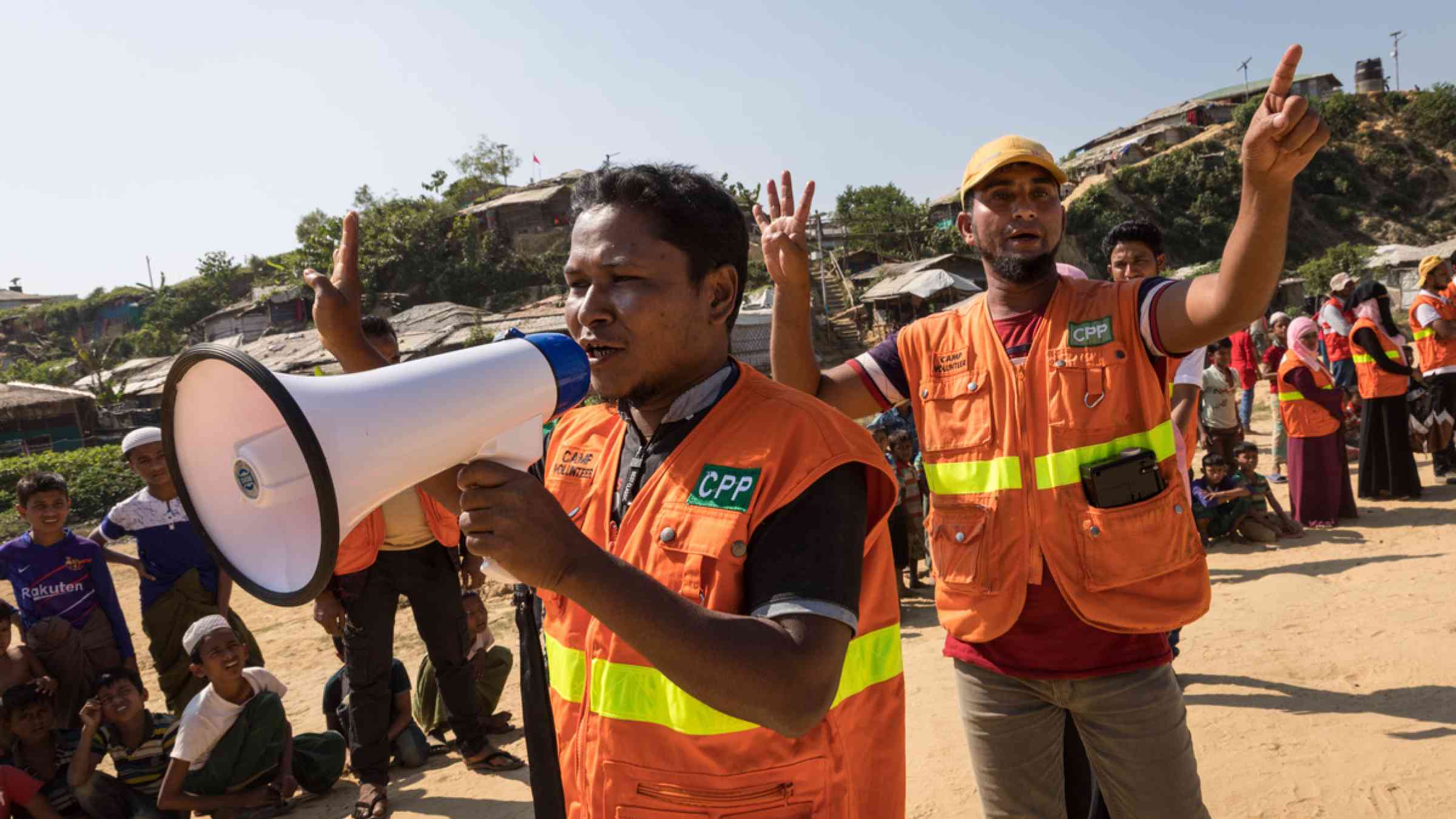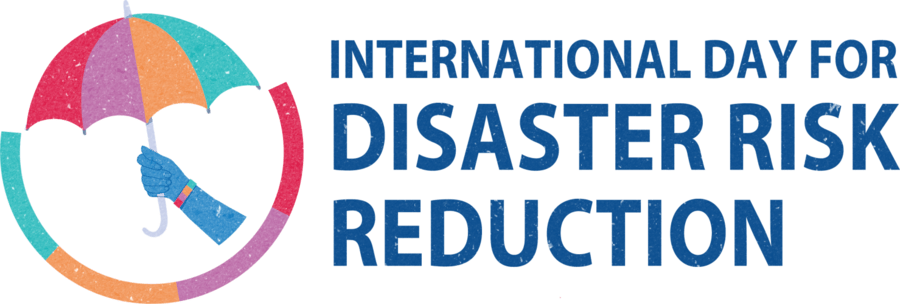Early warning and early action for all

#DRRDay #EarlyWarning #EarlyAction
For Cox’s Bazar, a coastal disaster-prone district that hosts nearly 1 million Rohingya refugees, the International Day for Disaster Reduction has enormous significance. While the day is to promote a global awareness regarding the importance of disaster risk reduction, it is also an opportunity to take stock of the progress being made towards preventing and reducing disaster risks and losses in line with the global Sendai Framework for Disaster Risk Reduction 2015-2030, adopted in March 2015.
The United Nations Office for Disaster Risk Reduction (UNDRR) is using the tagline of IDRR 2022: ‘early warning and early action for all,” to call for greater investment and action in expanding early warning and early action.
One-third of the world’s population is still outside the coverage of existing early warning systems, especially in the least developed countries and small island developing states.
Since 2018, UNDP Bangladesh has been working on improving early warning and early action in Cox’s Bazar through its Disaster Risk Management in Cox’s Bazar programme.
The district is facing an increased frequency and severity of natural hazards and extreme weather events due to deforestation, environmental degradation, climate change, and weak infrastructures caused by Rohingya refugee influx.
UNDP Bangladesh is following a multi-hazard, end-to-end, and people-centered approach to advancing early warning systems in Cox’s Bazar.
In 2020, UNDP in collaboration with Regional Integrated Multi-Hazard Early Warning System (RIMES), and Bangladesh Meteorological Department (BMD) developed an Integrated Forecast Dissemination Portal (INSTANT) that provides Upazila level weather forecasts and triggers localized alerts on extreme weather, flash flood and lighting event in Cox's Bazar.
Besides, UNDP Bangladesh in partnership with UNHCR, the Geological Survey of Bangladesh (GSB) and the Norwegian Geotechnical Institute (NGI) installed automated rain gauges in three landslide-prone areas around the Rohingya refugee camps in 2018.
These automated rain gauges help humanitarian, and government stakeholders monitor the weather situations around the camps and send alerts when high-intensity rainfall significantly increases the risk of landslides.
In addition, UNDP installed an automated weather station, two weather instruments, and two water gauges around the Rohingya camps that help record real-time weather situations and monitor natural hazards.
UNDP also commissioned several disaster risk assessments, mapping, and modeling in Cox’s Bazar, such as cyclone impact modeling, landslide susceptibility mapping and wind hazard assessment. UNDP also led a Natural Hazards Technical Working Group for facilitating and advising on natural hazard risk and harmonizing the disaster risk information analysis.
The natural hazard products and risk information developed by this group are publicly available. UNDP’s localized multi-hazard early warning systems and disaster risk products are incorporated into ISCG’s 2020-22 disaster preparedness and response planning.
To ensure early action before disasters, UNDP supported different capacity building training, conducted contingency plans and simulation exercises, and provided equipment to local government and first response agencies to carry out an early warning, search, and rescue.
UNDP also established and implemented an ‘Early Action and Response Contingency Fund’ in the Rohingya hosting Unions for carrying out early actions to minimize harm to people, assets, and livelihoods.
Still, there are many challenges available for strengthening early warning and early action in this context, such as lack of operational early warning system for landslide, river, and coastal flood; lack of funding and institutional capacities for EWS; government is reactive toward disasters – prefer relief over early action; challenges in reaching excluded groups like persons with disabilities and island communities, etc. UNDP is taking action to address these challenges.
With its tagline, we hope that this DDR Day 2022 will help mobilize government, humanitarian, donor, and vulnerable communities to take prompt actions in expanding early warning and early action for all.
Explore further
Also featured on
Is this page useful?
Yes No Report an issue on this pageThank you. If you have 2 minutes, we would benefit from additional feedback (link opens in a new window).
